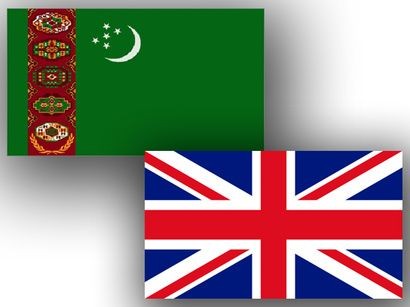Kazakhstan, UK reaffirm commitment to strategic partnership
NUR-SULTAN (TCA) — In a telephone conversation at the initiative of the British side, the Minister of Foreign Affairs of Kazakhstan Beibut Atamkulov and the Minister of State for Europe and the Americas of the Foreign and Commonwealth Office of the United Kingdom (FCO) Christopher Pincher confirmed mutual interest in further strengthening and expanding the strategic partnership between the two states and discussed plans to organize future high-level bilateral visits and events, the Kazakh Foreign Ministry reported on August 8. The Kazakh Foreign Minister congratulated the British politician on his recent appointment and highlighted his interest in further developing constructive relations with the new leadership of the FCO and the UK Government. Meetings of the Strategic Dialogue at the level of the foreign ministers and the Intergovernmental Commission for Trade, Economic, Scientific, Technical and Cultural Cooperation are scheduled for this autumn. The Kazakhstan Global Investment Forum 2019 is also scheduled to take place in London this October. Both sides emphasized the need to strengthen bilateral economic cooperation, maximize the use of Kazakhstan’s transit and transport potential, and utilize the Astana International Financial Centre’s potential to expand partnerships in the financial and logistics sectors. The two politicians stressed the importance of strengthening cultural, humanitarian and educational cooperation, including through expanding opportunities for young Kazakhs to enroll in UK’s secondary and higher educational institutions, as well as enhancing cooperation between the two countries’ universities. The UK is among Kazakhstan’s ten largest trading partners. In 2018, mutual trade amounted to $1.2 billion. The UK is also one of the six largest investors in the Kazakh economy. Foreign direct investment inflow from the UK from 2005-2018 totaled $13 billion. More than 800 companies with UK participation are currently registered in Kazakhstan. The former Minister of State for Europe and the Americas Sir Alan Duncan and the UK Prime Minister’s Trade Envoy for Kazakhstan Baroness Emma Nicholson visited Kazakhstan earlier this year.







